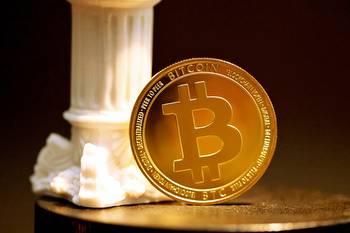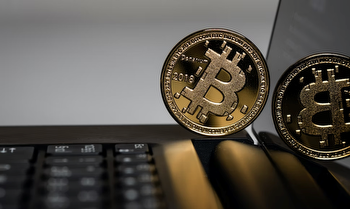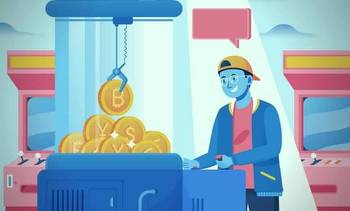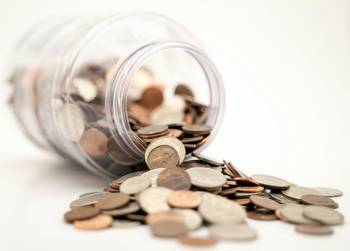WWW Creator Thinks Crypto Resembels Gambling

Tim Berners-Lee – the inventor of the World Wide Web (WWW) – believes cryptocurrencies are “dangerous” and investing in them is similar to gambling.
However, he argued they could be useful for conducting transactions if converted into fiat when received.
Not a Crypto Fan
In a recent appearance on CNBC, the British computer scientist best known for creating the World Wide Web – Tim Berners-Lee – warned investors to stay away from cryptocurrencies as they are “speculative” and replicate gambling.
“Investing in certain things, which is purely speculative, isn’t what, where I want to spend my time.”
He also described the crypto sector as “dangerous” and saw similarities between its current status and the Dot-com bubble from the late 1990s. Numerous Internet-based companies were the biggest trend back then, and a colossal amount of capital flowed toward them.
However, speculation was also on a high level, and many failed to turn a profit triggering a massive crash. Some entities, though, including eBay or Amazon, endured the challenging times and now stand as giants in their field.
Berners-Lee thinks the only merit that bitcoin and the altcoins have is their ability to be employed in remittances. Nonetheless, he advised consumers to convert them back into fiat currencies once received.
Web3 has recently emerged as an allegory for the updated extension of the World Wide Web based on blockchain technology and decentralization. The British believes the next version of WWW should be called Web 3.0, which is somehow different than Web3, and it would not incorporate such concepts.
Charlie Munger Shares a Similar Stance
Another outspoken critic of the cryptocurrency industry who views it the same way as Berners-Lee is the American billionaire investor – Charlie Munger. Warren Buffett’s right-hand man described digital assets as gambling contracts that are neither currencies nor commodities and securities.
He thinks they present a serious threat to America’s economic stability, wishing the government imposed a blanket ban on them.
Most recently, he claimed cryptocurrencies are “worthless” and “totally absolutely crazy, stupid gambling” options. The 99-year-old finds it “ridiculous” that anyone would want to purchase such assets, calling those who oppose his position “idiots.”
What if Munger and Berners-Lee Are Wrong?
Indeed, crypto’s legacy was severely harmed after the countless bankruptcies, scandals, and the market decline in 2022. However, financial markets and even gold have also had a tough year.
Some of the main reasons behind the current global monetary disruption that encompassed the bigger part of the world could be the soaring inflation, the military conflicts, the energy crisis, and others.
And while some digital assets have dubious benefits and could disappear in the future, bitcoin seems capable of surviving the turbulence and emerging as a financial asset that competes with national currencies.
The dollar, euro, and many others have been depreciating lately, meaning the same amount of money could buy fewer goods and services nowadays compared to years ago. In addition, central banks can always print more fiat or enforce policies that could negatively affect consumers.
Bitcoin, on the other hand, is entirely decentralized and is not controlled by governments or other institutions. It has a fixed maximum supply cap of 21 million coins, prompting some to classify it as a hedge against inflation.
Despite being declared “dead” hundreds of times, it has endured previous crises, while residents of troubled nations such as Argentina, Turkey, Lebanon, and more have shifted their focus toward it because of their local financial issues.
SPECIAL OFFER (Sponsored)Binance Free $100 (Exclusive): Use this link to register and receive $100 free and 10% off fees on Binance Futures first month (terms).PrimeXBT Special Offer: Use this link to register & enter POTATO50 code to receive up to $7,000 on your deposits.


































